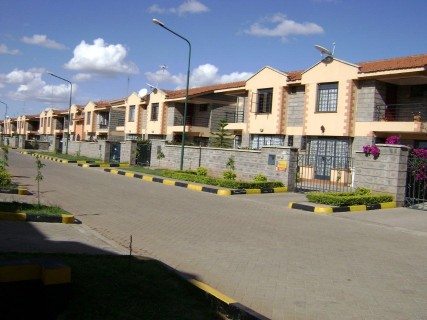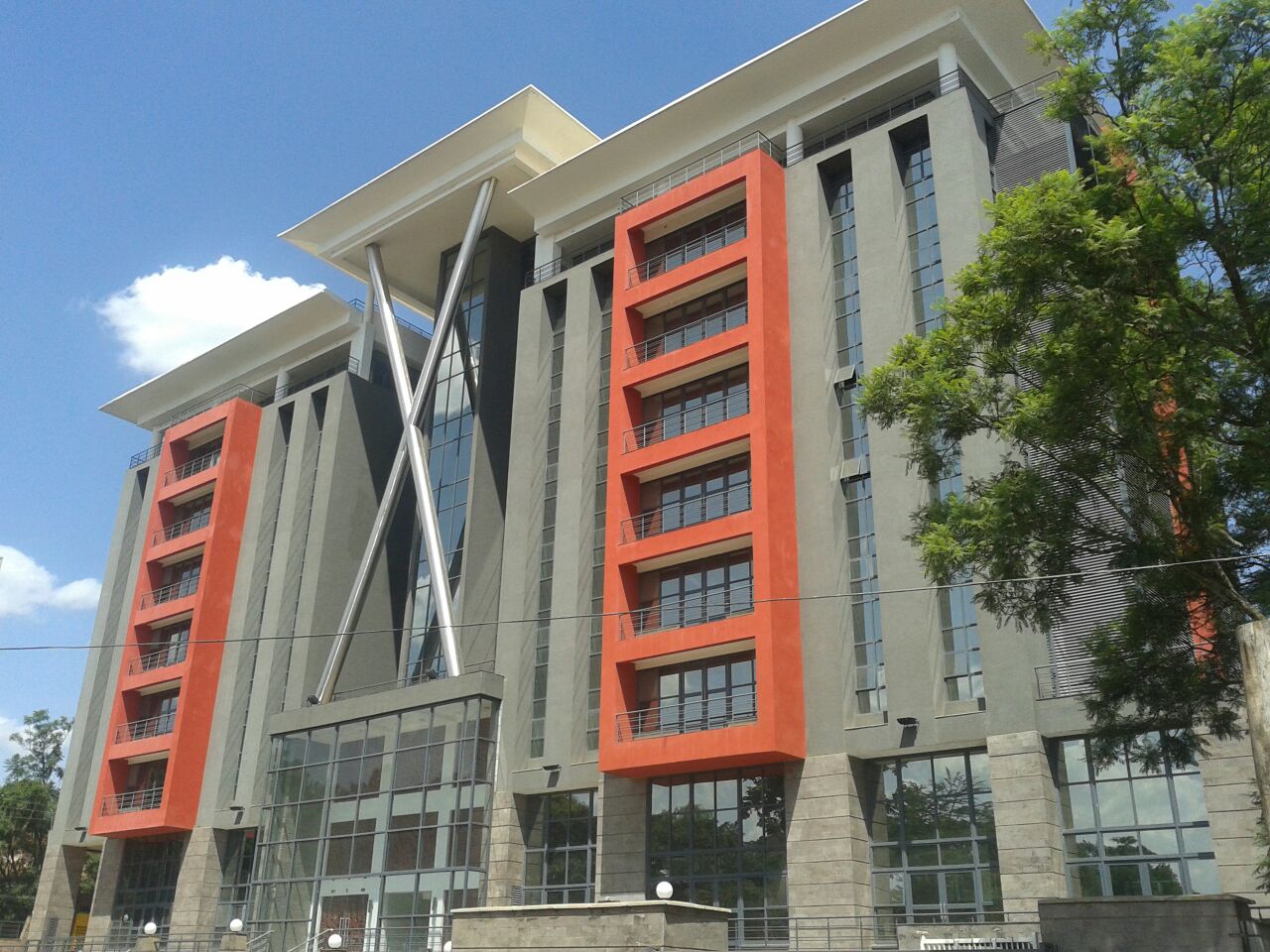FHG Architecture (K) Ltd
Around the world, architectural firms striveto stamp their seals on the built environment. This is something that FHG Architecture (K) Ltd, a planning and design studio based in Nairobi,Kenya, clearly understands.
A vibrant practice with substantial experience cutting across several architectural disciplines, FHG Architecture is keen on delivering projects that are creative, functional and aesthetically appealing within budgetary and time constraints. To that end, the firm has accomplished projects ranging from office blocks, healthcare facilities and gated communities to institutions and residences. FHG Architecture is driven by the primary desire of creating elegant, well designed and cost-effective facilities, a philosophy that is evident in its works.

Take for examplethe modern and futuristic office bock in Nairobi’s Westlands suburb known as The Axis. Though the firm has undertaken many projects, The Axis is one project that it is especially proud of and rightly so. Valued at KSh500 million (approximately US$ 5.3 million), the client’s brief was simple – an office block that encompasses a modern working environment. FHG was able to deliver on the brief by coming up with a design that included an inviting entrance, as many car parks as possible and even a rooftop that can be used for various functions like office parties and cocktails.

The Axis, according to Samuel Thumbi who is one of the directors, in many ways represents the principles of FHG Architecture. “We are a practice that strives to service the needs of clients, exceed their expectations and ensure their budgets are met,” he says, adding that FHG is not simply an architectural, interior design or planning firm but a team of people who are committed to delivering high quality, cost-effective projects. “We believe our work is to create an icon after an icon by being keen and thorough while guided by integrity,” adds Andrew Kimani, a fellow director.

FHG Architecture (K) Ltd’s history dates back to more than a decade ago to a firm that was established in 2003 by Architect Kimani and a Kenyan-Canadian architect. In 2011, the firm spawned off a new practice – FHGArchitecture (K) Ltd- with directors Arch. Andrew Kimani, Arch. SamuelThumbi and Arch. Caleb Mutali. The establishment of the practice therefore can well be described as the amalgamation of international expertise and an understanding of local conditions.
This convergence of expertise was reflected in the Aga Khan Hospital Heart and Cancer Centre. In this project, Andrew Kimani was the Project Architect with a team of over 10 local and international consultants on three continents. The Design Architect was FNDA Canada who brought in a wealth of experience in the medical field leading to an undoubtedly modern treatment facility that cost in excess of KSh1.8 billion (US$ 19 million). This cooperation with international partners helped bridge numerous local challenges and required special attention due to its complexity.
Apart from The Axis and the Aga Khan Hospital Heart and Cancer Centre, other projects include the Eagle Plains Housing Estate, off Mombasa Road, and other gated communities in Lower Kabete, Athi River, Syokimau and Nakuru; residences in Nyari, Kikuyu, Muthaiga and Runda, apartments, institutional projects and many others. Outside Kenya, FHG has undertaken projects across the region including in South Sudan, and Tanzania.
According to Thumbi, FHG has managed to cut a niche as a leading firm due to adherence to various factors. To start with, the firm has a team of highly qualified professionals who are committed to delivering high quality projects. The team, together with external consultants whom the firm partners with in projects, is able to come up with design concepts that exceed the expectations of clients. “We have a team whose sole objective is to seek to understand the needs of clients and deliver beyond their expectations,” he explains.
FHG is also very keen and thorough on details. In this respect, the firm seeks to clearly understand the needs of clients and offer professional advice on issues like legal requirements, regulations and most importantly, the anticipated cost of a project. Indeed unlike some other firms that propagate their own ideas and appear to impose them on clients, FHG enlightens, guides and involves clients in all aspects of the project, something that enables them to make informed decisions. “We like to bevery honest and transparent with clients because we know problems arise when the client is not well informed,” states Kimani.
Making the client understand the many facets of a project is critical particularly in terms of budgeting. While the aspiration of a client is for a project to be implemented within budget and within certain timelines, cases of projects overshooting budget and dragging for long can arise. To avoid such eventualities, it is important to get everything right at the design stage. “As a firm, we get into a project wholeheartedly. We are very detailed and don’t take anything for granted because we want to offer the best services to clients,” notes Thumbi.
Tragically, while FHG and other like-minded firms adhere to professionalism, the building and construction industry is awash with poorly implemented projects. Cases of buildings collapsing are rampant in various parts of the country while in Nairobi alone, it is estimated that about 50 per cent of the buildings are not up to required standards. According to Kimani, this sorry state of affairs emanates from weak regulation.“There is a need to regulate the entire construction industry,” he states, adding that while currently the law is strict on professionals like architects, engineers and quantity surveyors, other players in the chain are not subjected to the same.
Apart from tightening regulations, Kimani also wants to see more local firms participating in huge projects particularly infrastructural projects. Currently, the area is dominated by foreign firms. Kimani feels that while local firms might lack experience, it is important for the government to create mechanisms for expertise sharing. “More critically, the government must ensure it secures participation of local firms in the projects even if they are foreign financed. This will help in building local capacity.”
Despite the challenges in the industry, FHG is optimistic of the future going by the significant growth being experienced in the building and construction industry. Indeed the firm would like to see itselfassociated with major projects in Kenya and the region in the days ahead.

